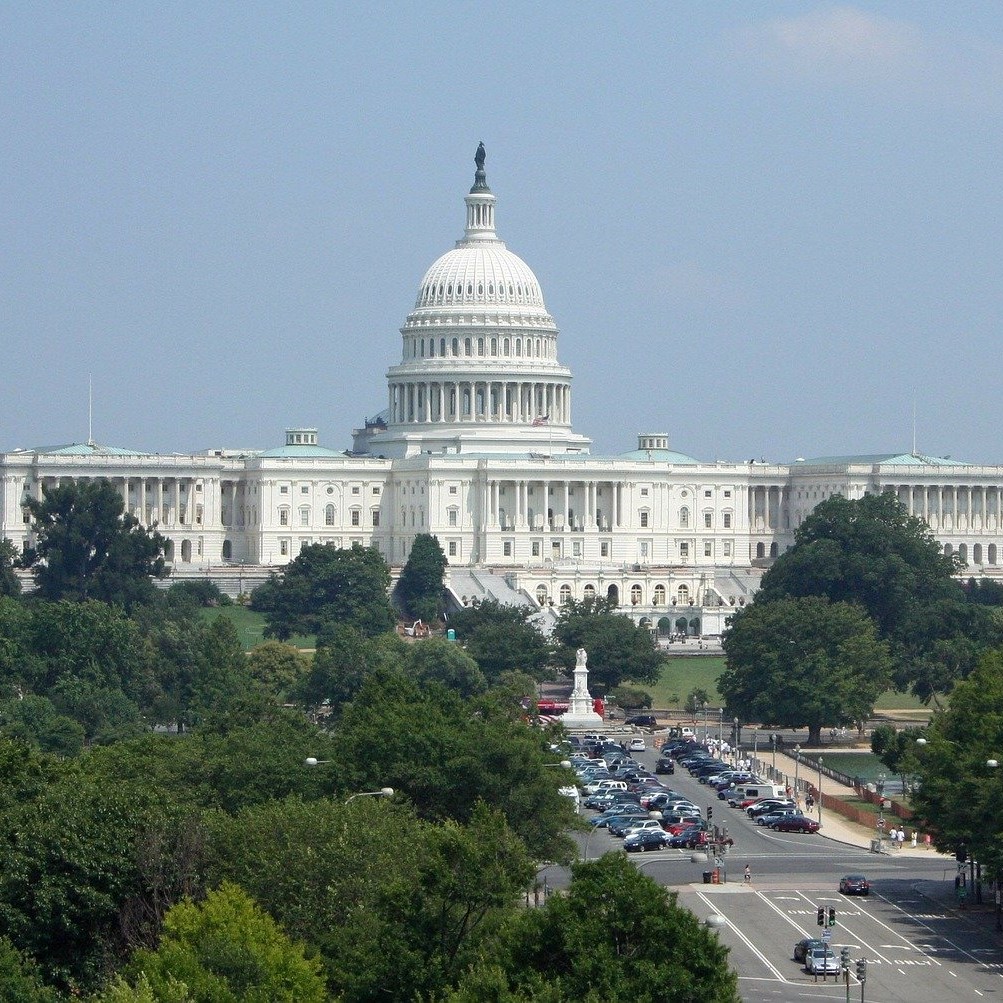The new COVID-19 relief plan agreed to by Congress over the weekend includes several funding initiatives for important broadband issues. A total of about $7 billion was earmarked for broadband issues, according to several media reports.
The $7 billion in broadband funding is part of a larger $900 billion COVD-19 relief package that has been subject to intense negotiation in the past few weeks. The broadband funding portion may have gotten a bit of a “haircut,” given initial consideration of the relief package pegged broadband funding at $10 billion.
Almost half of the $7 billion, or $3.2 billion will fund a $50 monthly stipend to help pay for broadband access for low income Americans. The aid is intended to keep students, low-income families, and the unemployed connected to the internet through an economic recovery.
The COVID-19 relief legislation also addresses a couple of important broadband initiatives that have been in limbo due to lack of funding, according to a Reuters report. Close to $2 billion is earmarked for replacement of Huawei and ZTE equipment in U.S. carrier broadband networks, and for funding new broadband maps.
The $1.9 billion allocated for replacement of Chinese broadband gear is welcome news to many small, rural broadband providers. The FCC recently adopted rules for replacing that equipment due to national security concerns, but full funding for that mandate has been elusive.
Accurate broadband maps are also a pressing concern for the broadband industry. Many billions in funding to address rural broadband access rely on accurate broadband mapping data, which currently is lacking. Here to, the FCC has come up with a plan to address this issue, but it lacked funding to implement it. About $65 million has been allocated for the broadband mapping initiative, according to the Reuters report.
According to an Axios report, the COVID-19 relief legislation funds other broadband projects, including:
- $1 billion in grants for Tribal broadband programs.
- $285 million that will in part fund a pilot program to help with broadband issues for communities around historically Black colleges and universities.
- $250 million for the Federal Communications Commission’s telehealth program.
An additional $300 million is allocated for rural broadband access through an NTIA grant program to promote broadband expansion to underserved areas, the Reutters report says. NTIA has previously offered grant programs for rural broadband access through the ARRA stimulus program.


